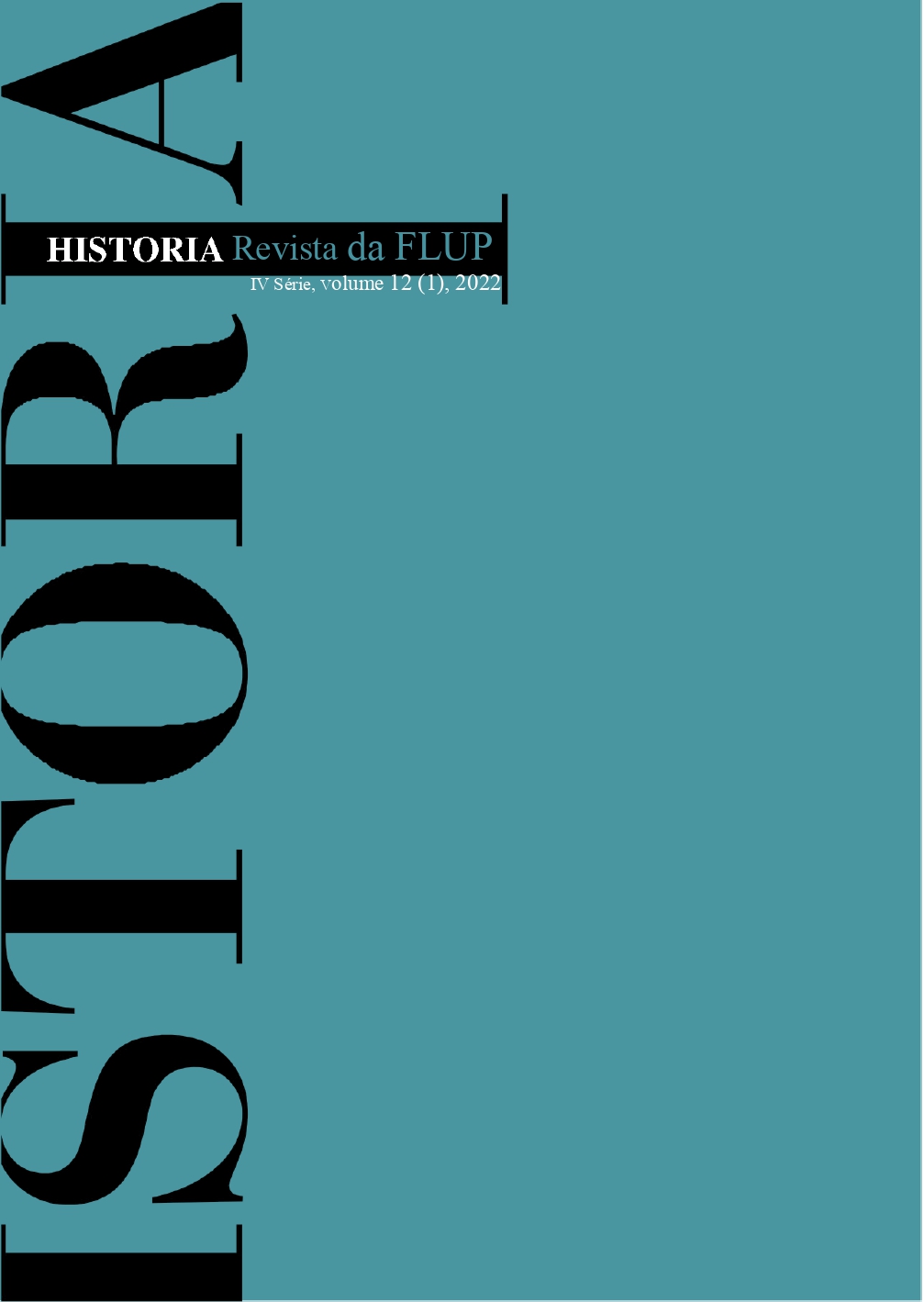As Recolhidas do Anjo: a integração numa comunidade redentora? (Porto, sécs. XVII e XVIII)
Resumo
O dealbar da Época Moderna marcou, no ocidente, o início das grandes reformas na assistência aos pobres. De iniciativa laica ou religiosa, os mecanismos norteavam-se pela moral cristã, pela prática da caridade como boa obra para a salvação da alma. Neste contexto, a criação de Recolhimentos femininos aumentou, uma vez que as mulheres vulneráveis eram uma das categorias de pobre a que urgia acudir. É com este objetivo que, em 1672 na cidade do Porto, é fundado o Recolhimento do Anjo, que albergou uma comunidade heterogénea de jovens e senhoras de elevada condição social. Da implementação de um projeto educativo e de um modelo de vida de bases religiosas esperava-se a redenção.
Palavras-chave:
História da Assistência; História de Género; Recolhimentos Femininos; Pobreza.
Les femmes recueillis au Anjo: l’intégration dans une communauté rédemptrice?
(Porto, XVIIème et XVIIIème siècles)
Résumé
L'aube de l'Époque Moderne a marqué le début des réformes majeures dans l'aide aux pauvres en Occident. Qu'ils soient laïques ou religieux, les mécanismes étaient guidés par la morale chrétienne, par la pratique de la charité en tant que bonne œuvre pour le sauvetage de l'âme. Dans ce contexte, la création de refuges pour femmes s'est accrue, car les femmes vulnérables faisaient partie des catégories de pauvres dont il fallait s'occuper.
C'est dans ce but qu'en 1672 a été fondé le Recolhimento do Anjo, dans la ville de Porto, qui abritait une communauté hétérogène de jeunes filles et de dames de haut statut social.
La rédemption était attendue de la mise en œuvre d'un projet éducatif et d'un modèle de vie basé sur la religion.
Mots-clés :
Histoire de la protection sociale; Histoire du genre; Refuges de femmes; Pauvreté.
Las mujeres recogidas en el Anjo: ¿integración en una comunidad redentora? (Porto, siglos XVII y XVIII)
Resumen
El comienzo de la Época Moderna marcó, en el Occidente, el inicio de las grandes reformas en la asistencia a los pobres. De iniciativa laica o religiosa, los mecanismos se ajustaban por la moral cristiana, por la práctica de la caridad como la buena obra para la salvación del alma. En este contexto, la creación de recogimientos femeninos creció, ya que las mujeres vulnerables eran una de las categorías de pobre que necesitaba ayuda rápida. Es con este objetivo que, en 1672 en la ciudad de Oporto, es creado el Recolhimento do Anjo, que albergó una comunidad muy distinta de jóvenes y señoras de una alta condición social. De la implementación del proyecto educativo y del modelo de vida de bases religiosas se esperaba la redención.
Palabras-clave:
Historia de la asistencia; Historia de género; Recogimientos femeninos; Pobreza.
Downloads
Publicado
Como Citar
Edição
Secção
Licença
Direitos de Autor (c) 2022 História: revista da Faculdade de Letras da Universidade do Porto

Este trabalho encontra-se publicado com a Licença Internacional Creative Commons Atribuição-CompartilhaIgual 4.0.
Os autores cedem à Revista da Faculdade de Letras da Universidade do Porto - História o direito exclusivo de publicação dos seus textos, sob qualquer meio, incluindo a sua reprodução e venda em suporte papel ou digital, bem como a sua disponibilização em regime de livre acesso em bases de dados.
Não são cobradas taxas (APC's) nem de submissão, nem de publicação dos artigos.






